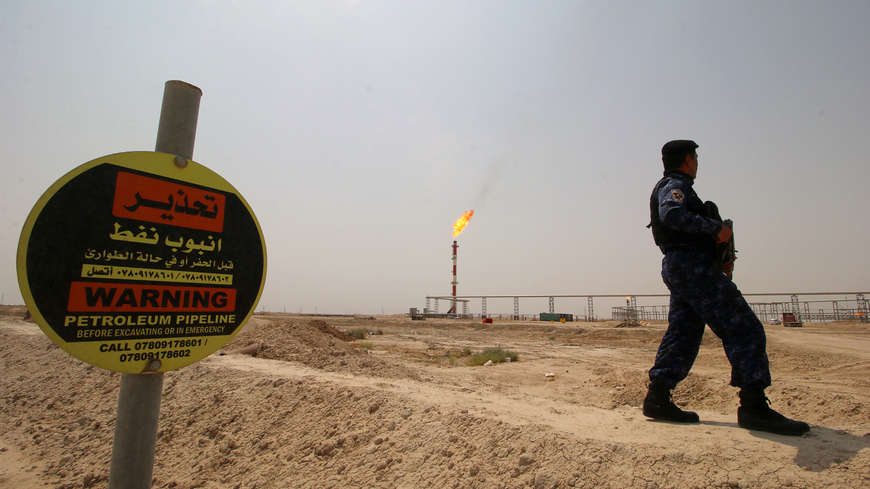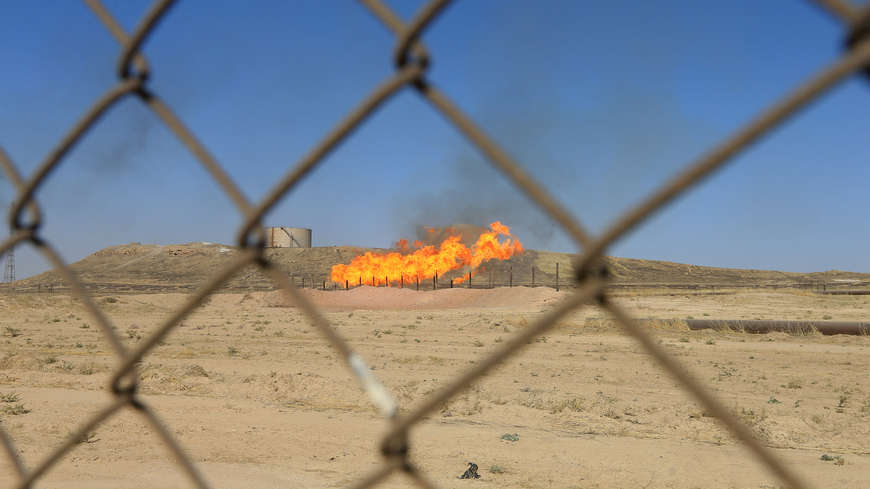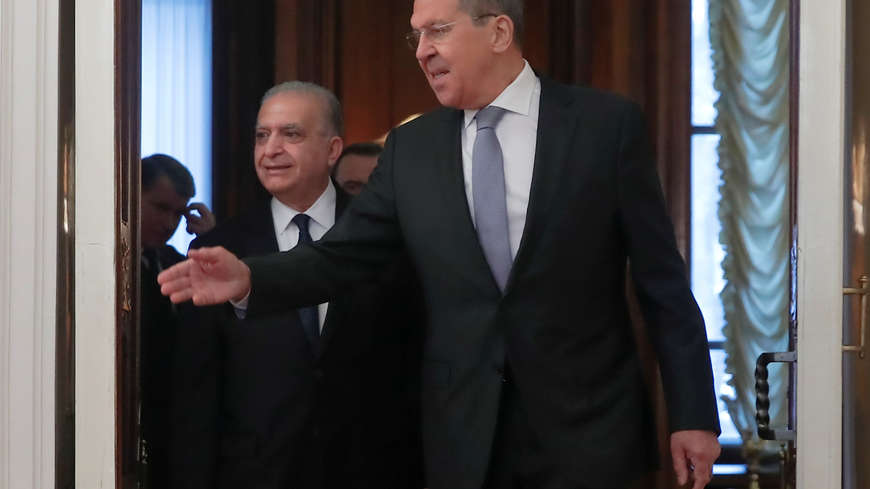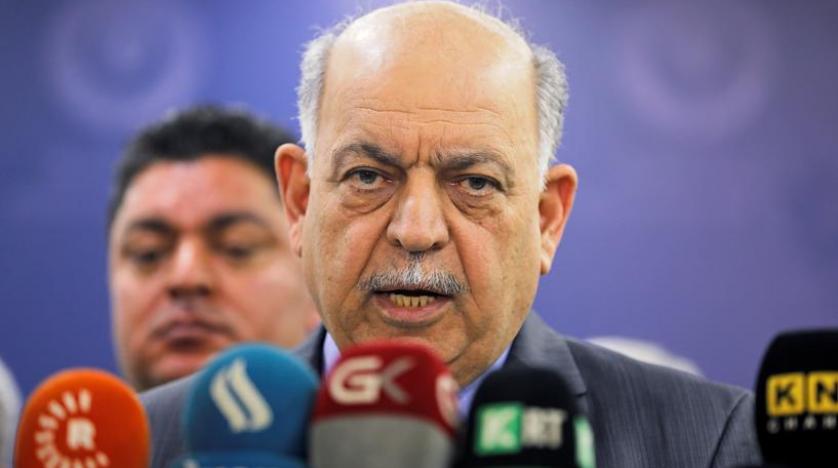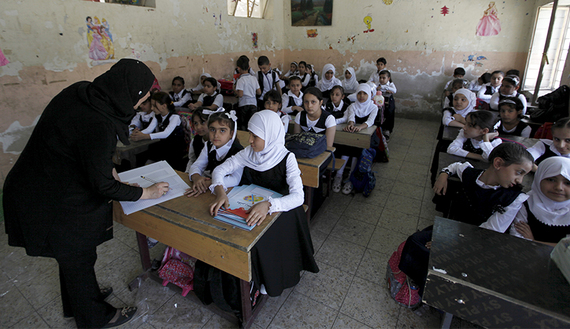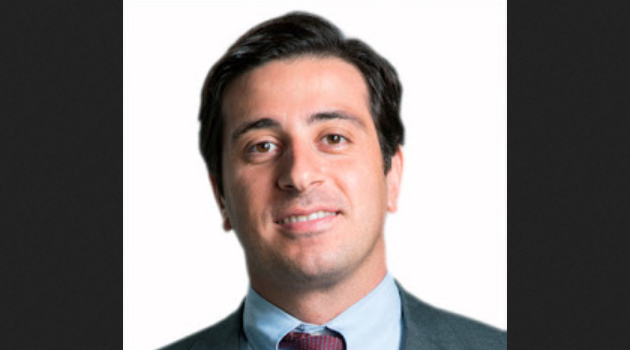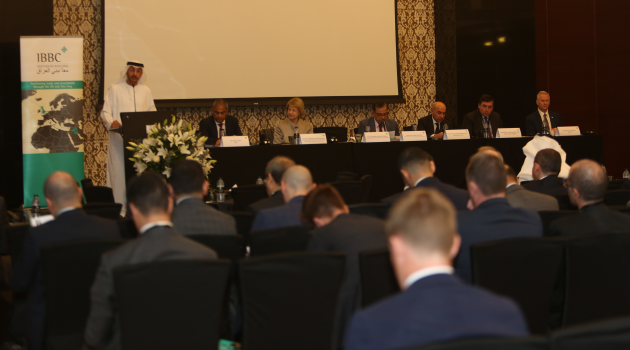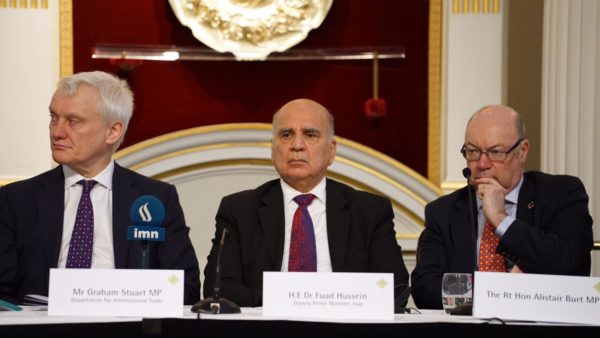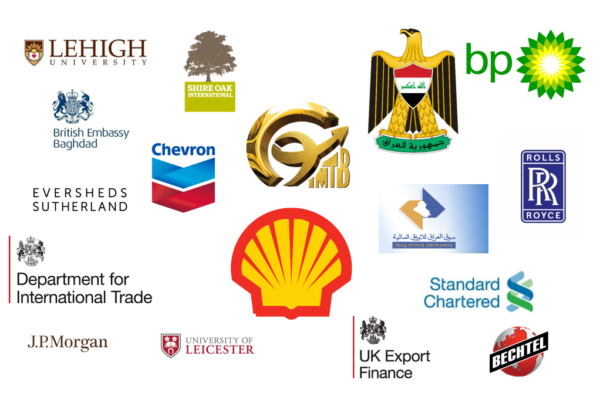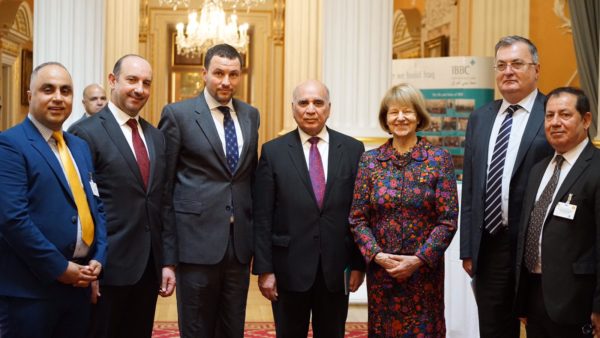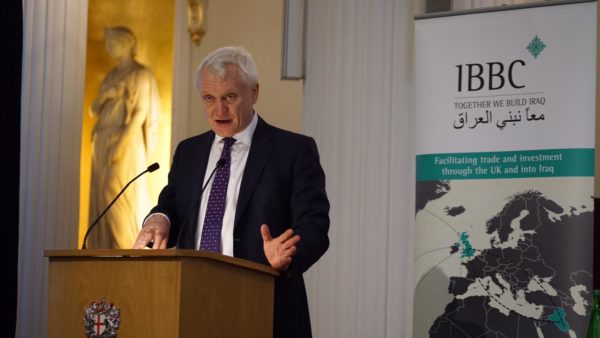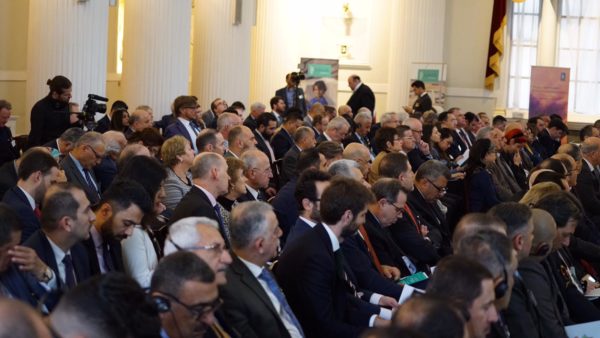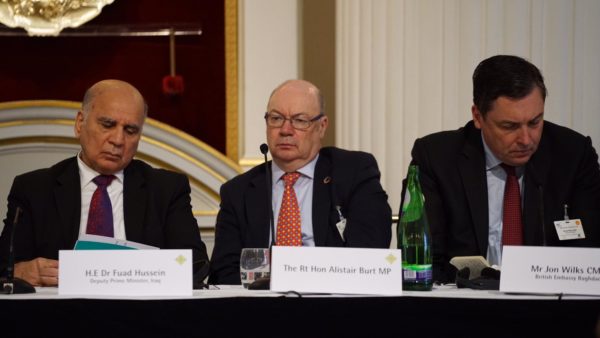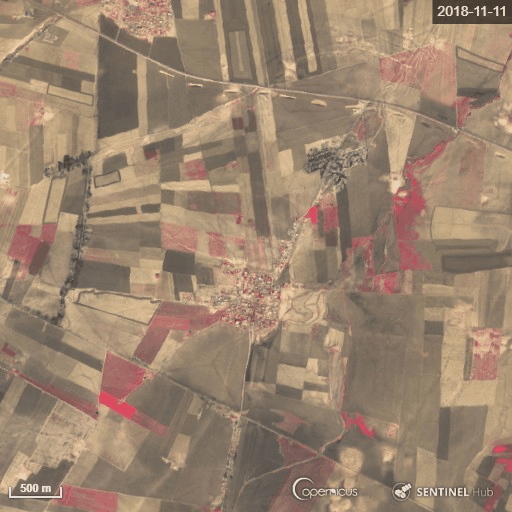By Hussein Al-alak. Republished with permission.
Iraqi Children Foundation, safeguarding Iraq’s future generations
For millions of people around the world, the welfare of Iraqi children is key to safeguarding the future peace and stability of Iraq. In this exclusive interview, Hussein Al-alak talks to Mohammed Khudairi, of the US based Iraqi Children Foundation (ICF), about their ongoing efforts in Iraq.
What is your name and what do you do?
My name is Mohammed Khudairi. I am the Chairman of Iraqi Children Foundation, as well as the Managing Partner of Khudairi Group.
Can you please tell us about the Iraqi Children Foundation?
The Iraqi Children Foundation intervenes in the lives of orphans and street children who are vulnerable to abuse, neglect, and exploitation by criminals, traffickers and extremists. The organization was set up ten years ago by Americans who saw the need to help rebuild Iraq after so many years of conflict. More than 800,000 children were orphaned as a result of the Iraq War, and the ISIS occupation displaced another 1.3 million.
How does the work of the Iraqi Children Foundation help vulnerable children?
Our vision is that all children in Iraq have a voice, and are empowered to reach their full potential. All our programs have this goal in mind. We help vulnerable children through several channels, including:
⦁ The Hope Bus program – we convert used city buses into colorful, child friendly classrooms. Each bus has two teachers and a social worker, and serves around 50 children with tutoring, nutrition, health care, social services, practical life lessons, community, and fun.
⦁ The Street Lawyers program – our lawyers provide legal protection for children who are targeted by criminals and traffickers, abused by employers, or are facing other risks. They also assist children to get their papers so that they can go to school.
⦁ Social Services program – social workers on our team work to end child labor and get children off the streets. They also work to stop domestic abuse, provide medical care, and help get access to psychosocial services for children with mental health issues.
As Iraq has experienced decades of conflict, can you please tell us how this impacts on children? Children who are displaced, or have been exposed to high levels of violence, are often left emotionally and physically vulnerable. Can you please tell us about some of the risks that children in Iraq now face?
Many children have been left orphaned (800,000) or displaced (1.3 million) as a result of conflict in Iraq. Children who are in this vulnerable position are less likely to reach their full potential, as they are less likely to have access to education, health care (both mental and physical), and community support.
These children are more likely to become targets for human traffickers or extremist recruitment. The importance of ensuring children are not radicalized in Iraq cannot be overstated; extremism is a destabilizing force in the Middle East and globally. This is not just a humanitarian issue, it’s a regional security issue.
In the past, there have been cases where children have also been used as weapons of war, or due to bereavement, have been forced into exploitative trades. Can you please tell us about some of the safeguarding measures that have been, or are currently being put in place?
As an organization, the Iraqi Children Foundation looks to empower children so they are less vulnerable to exploitation. This includes educating children about risks, and providing a safe space for them to learn and form a sense of belonging with caring adults, and other children.
We also try to protect children and give them a voice, by providing legal representation in cases where children are exploited. Other nonprofits, non-government organizations, and government organizations all contribute to safeguarding measures; there is still a lot of work to be done.
As the media often gives focus to human interest stories from Iraq, or children left disabled by war, what support is available for children born with either physical or learning disabilities?
For families stuck in cycles of poverty in Iraq, there is limited access to medical care for children with disabilities. Often, these disabilities go undiagnosed or misdiagnosed. As a result, these children are unable to receive the treatment they need.
Our social workers spend time getting to know families who live in impoverished areas of Baghdad, and to identify cases where children are suffering due to disabilities. We will work with the families of these children to get the correct medical attention and ongoing support, providing financial aid where necessary.
As the Iraqi Children Foundation is based in the USA but are working with children, on a grassroots level across Iraq, can you please tell us how people in Britain and America can support your work?
We have extremely competent NGO partners in Iraq who deliver our services to the children. We have worked with our primary partner, Justice Gate, for the past 7 years. We partner with local NGOs because we believe it is important to invest in Iraqi organizations and build capacity to provide ongoing services and ensure the growth and success of the country.
Our team and donors in America, Britain, and across the globe are working hard to raise awareness and dollars so we can continue to invest in the children of Iraq. On a practical level, our greatest need is ongoing financial support – those interested can donate via Global Giving. For those located in or near Washington DC, we also have a fundraising 5K run each year.
This year the race is in June, and we would love to see you there! We are extremely transparent at ICF, and very focused on effectiveness and efficiency of our programs. We are always open to discussing our work and results, you can find more information and our contact details at our website.

